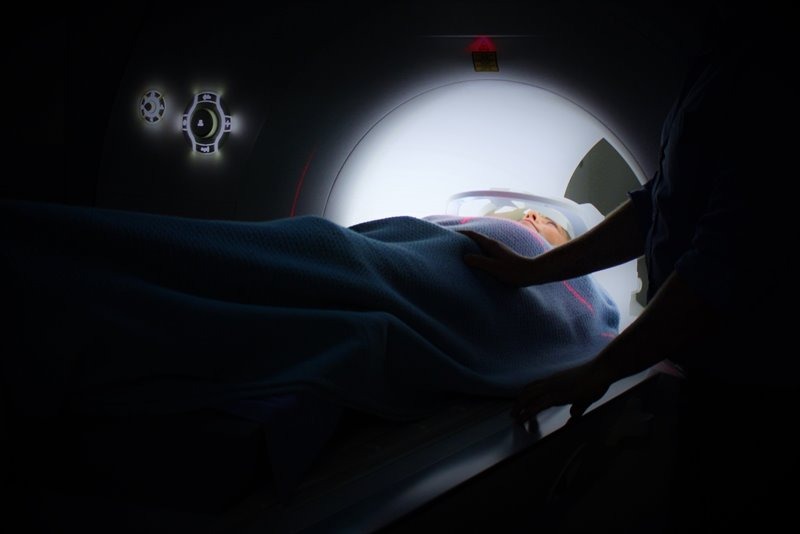
The data for the Axonics r-SNM system was submitted as an amendment to the premarket approval application, which was filed earlier by the company.
The device already has approval for head and neck MR scans in Europe, Canada and Australia, while full-body CE Mark approval in the European Union is presently pending.
Axonics CEO Raymond Cohen said: “Without this Full Body labeling, any patient requiring an MRI scan on any body part below the head must have their neurostimulator and lead surgically explanted prior to the MRI scan, resulting in loss of an effective treatment, another surgery for the patient and additional cost to the patient and healthcare system.
Our robust testing and analyses conclude that Full Body MRI scans can be safely performed on patients with an implanted Axonics r-SNM system.”
Overactive bladder (OAB) is a condition that involves urinary urge incontinence and urinary frequency, which is caused by a miscommunication between the bladder and the brain and significantly impacts quality of life.
SNM therapy is a widely employed treatment to reduce symptoms and restore bladder function to treat urinary retention and fecal incontinence.
MRI Conditional Labeling addresses testing a product and demonstrating to pose no known hazards to the patient in a specified MRI environment under specified conditions of use where, the results of testing are adequate to characterize the behavior of the product in the MRI environment.
Axonics claims that it has performed all the required tests to support Full Body conditional labeling on 1.5T MR scanners for the implantable components of its r-SNM System.
Cohen added: “We met with the FDA in January 2019 and determined it was advantageous to file an amendment to the current literature-based PMA. The FDA now has all of our MRI test data for both head and full body and we believe that, once PMA approved, our r-SNM System will include conditional labeling for 1.5T MRI scans.”






